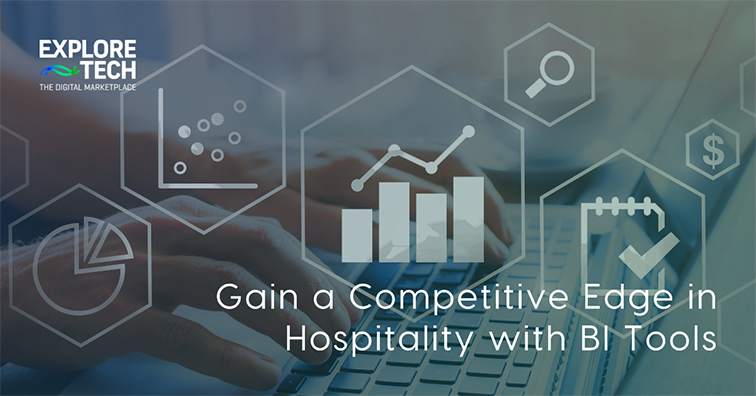
In the competitive hospitality industry, pricing plays a crucial role in attracting and retaining customers. Dynamic pricing, a pricing strategy that sets prices in real-time based on supply and demand, has become increasingly popular in the industry. This article will explore the benefits of dynamic pricing for the hospitality industry.
Maximizing Revenue
One of the most significant advantages of dynamic pricing is that it allows hotels and other hospitality businesses to maximize their revenue. By setting prices based on real-time supply and demand, businesses can charge higher prices during peak seasons and lower prices during off-seasons, ensuring they always earn the most revenue possible.
For example, suppose a hotel has low occupancy rates during a particular week. In that case, dynamic pricing algorithms can lower prices to attract more customers and fill rooms that would otherwise remain empty. In contrast, prices can be increased during high-demand periods such as holidays to maximize profits.
Better Pricing Accuracy
Dynamic pricing algorithms use data analytics to gather customer demand and competitor pricing information. This helps businesses set prices more accurately rather than relying on guesswork or fixed pricing models that do not consider market fluctuations.
By using real-time data to determine pricing, businesses can ensure that their pricing strategy is always up-to-date and reflects the actual market value of their offerings. This results in more accurate pricing that is more likely to be accepted by customers.
Increased Competitiveness
Businesses must stay ahead of the game to remain relevant in a highly competitive industry like hospitality. Dynamic pricing helps businesses stay competitive by enabling them to adjust prices quickly in response to changes in the market.
With dynamic pricing, companies can react more rapidly to competitors who may lower their costs, allowing them to adjust their pricing strategy to remain competitive. This makes it more difficult for competitors to gain an advantage by undercutting prices and ensuring that businesses stay relevant and competitive.
Improved Customer Satisfaction
Dynamic pricing can also help improve customer satisfaction. By offering lower prices during off-peak periods, businesses can attract budget-conscious customers who may have yet to consider their services. This increases customer satisfaction, as customers feel they are getting a good deal.
Dynamic pricing can also help reduce customer frustration during peak periods by ensuring that prices are set at a level that reflects the true market value of the product or service. This reduces the likelihood of customers feeling like they are being overcharged or taken advantage of, leading to improved customer satisfaction and loyalty.
Increased Efficiency
Dynamic pricing can also help businesses increase their operational efficiency. By automating the pricing process, businesses can reduce the time and resources required to set prices manually. This frees up staff time and resources to focus on other business areas, such as customer service or marketing.
Additionally, by using data analytics to set prices, businesses can ensure that their pricing strategy is always up-to-date, reducing the likelihood of errors or mistakes that can lead to lost revenue.
Flexibility in Marketing Strategy
Dynamic pricing also offers businesses the flexibility to adjust their marketing strategy. Businesses can adjust their marketing strategy by analyzing customer behavior and preferences to target specific customer segments better.
For example, suppose data shows that budget-conscious travelers are more likely to book during off-peak periods. In that case, businesses can adjust their marketing strategy to focus on this segment during those times. This can result in increased bookings and revenue as businesses can target their marketing efforts more effectively.
The Role of Hospitality Technology in Successful Dynamic Pricing Strategies
Hospitality technology, or Hotel Tech, plays a critical role in enabling businesses to implement dynamic pricing strategies. With the help of data analytics and pricing algorithms, businesses can gather real-time data on market conditions and use this information to set prices that reflect the true value of their offerings.
The use of technology also enables businesses to automate the pricing process, reducing the time and resources required to set prices manually. Additionally, hospitality technology can give businesses insights into customer behavior and preferences, enabling them to target specific customer segments more effectively and adjust their marketing strategies accordingly.
Overall, the use of hospitality technology is essential for businesses looking to implement successful dynamic pricing strategies, as it enables them to make data-driven decisions that can help maximize revenue, improve customer satisfaction, and stay ahead of the competition.

ExploreTECH Content Team
admin


.jpg)